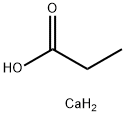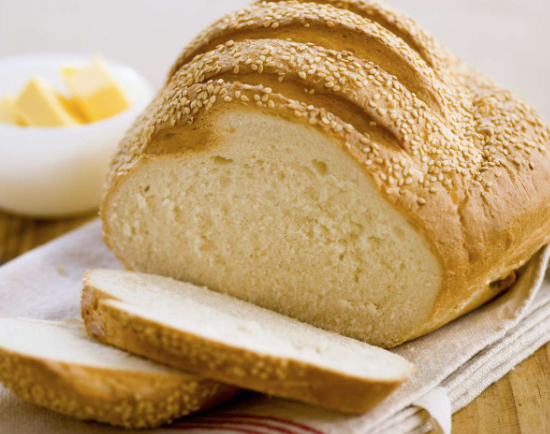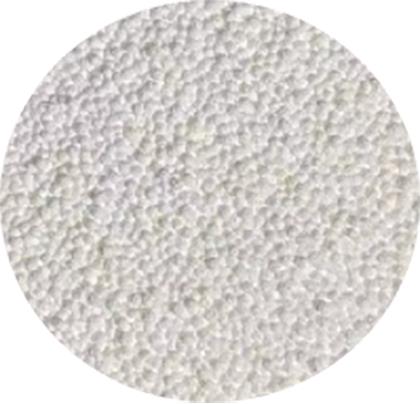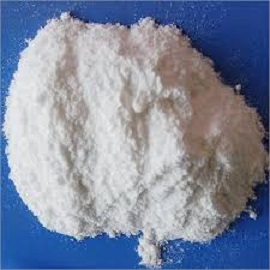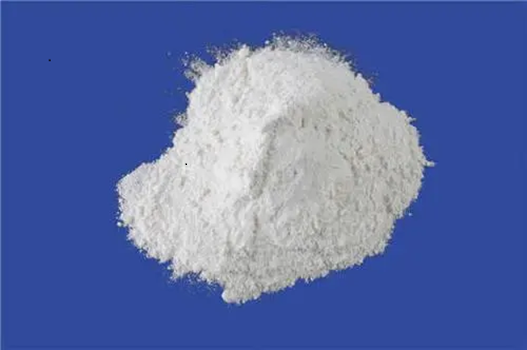Is Calcium Propionate safe as a food preservative?
Calcium-containing food additives
Calcium propionate is an organic salt formed by the reaction of calcium hydroxide with propionic acid (also known as propanoic acid). Its chemical formula is Ca(OOCCH2CH3)2. The compound occurs in either crystalline or powder form. It is soluble in water and only very slightly soluble in alcohol.
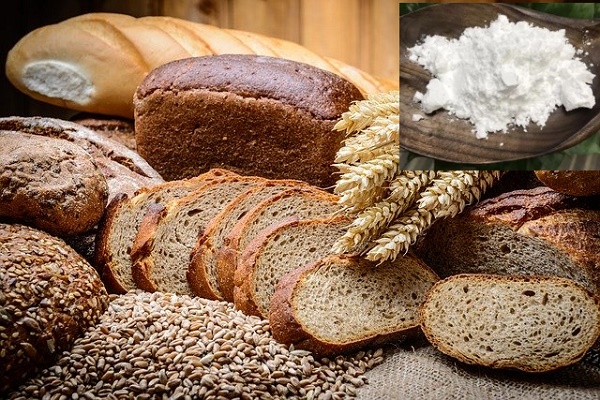
This compound belongs to calcium salts. Some of the typical functions of calcium-containing food additives include dough conditioners such as calcium carbonate, calcium iodate, calcium lactate, calcium oxide, calcium phosphate, or calcium sulfate; pH adjusters such as calcium hydroxide or calcium phosphate; antioxidants such as calcium ascorbate; preservatives such as calcium propionate; anticaking agents such as calcium stearate or calcium phosphate; and thickeners such as calcium gluconate or calcium alginate.
Food Preservatives
Several chemical substances are used to inhibit the growth of microorganisms in foods. Sodium benzoate, sodium and calcium propionate, sorbic acid, ethyl formate, and sulfur dioxide are commercially used food preservatives. Calcium propionate helps preserve food by interfering with the ability of microorganisms, such as molds and bacteria, to reproduce. It is commonly used as a food additive, known as E282, to help preserve various foods. It is used in breads and other baked goods because it can inhibit mold growth and other microorganisms. Calcium propionate is effective against both Bacillus mesentericus rope and mold[1]. The tobacco industry has also used calcium propionate as a preservative in some of its products. Calcium propionate addition to poultry litter and water activity amelioration was an effective tool for controlling aflatoxin production in poultry feed.
Carcinogenesis
The irritability, restlessness, inattention, and sleep disturbance in some children may be caused by the food preservatives in healthy foods consumed daily. The mechanism of calcium propionate-induced DNA damage is presently unknown. The risk of various environmental factors, such as the chemical substance (calcium propionate), can potentially induce carcinogenesis by oxidative stress induction. When researchers studied the effect of 3300 del A-1061 Ter BRCA1 frameshift mutation combined with the various calcium propionate concentrations together, they found that they could reduce SOD activity in cells[2]. This BRCA1 frameshift mutation effect, combined with the chemical toxicity, may lead to carcinogenesis in humans.
Side effects
One human study linked propionate levels with increased production of insulin and glucagon, a hormone that stimulates the release of glucose (sugar).In addition, Calcium propionate can cause allergies, intolerances, eczema, migraine headaches, and skin rashes.
References
[1] Kagliwal, L. D. et al. “PRESERVATIVES | Permitted Preservatives – Propionic Acid." Encyclopedia of Food Microbiology (2014), 99-101.
[2] Pongsavee, Malinee . "Effects of 3300 del A-1061 Ter BRCA1 frameshift mutation and calcium propionate on oxidative stress and breast carcinogenesis." International Journal of Molecular Epidemiology and Genetics, 10.3(1983).
You may like
Related articles And Qustion
See also
Lastest Price from Calcium Propionate manufacturers
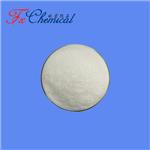
US $0.00/KG2025-04-21
- CAS:
- 4075-81-4
- Min. Order:
- 25KG
- Purity:
- 98%min
- Supply Ability:
- 30tons/month

US $1.00/KG2025-04-21
- CAS:
- 4075-81-4
- Min. Order:
- 1KG
- Purity:
- 99%
- Supply Ability:
- 10 mt
